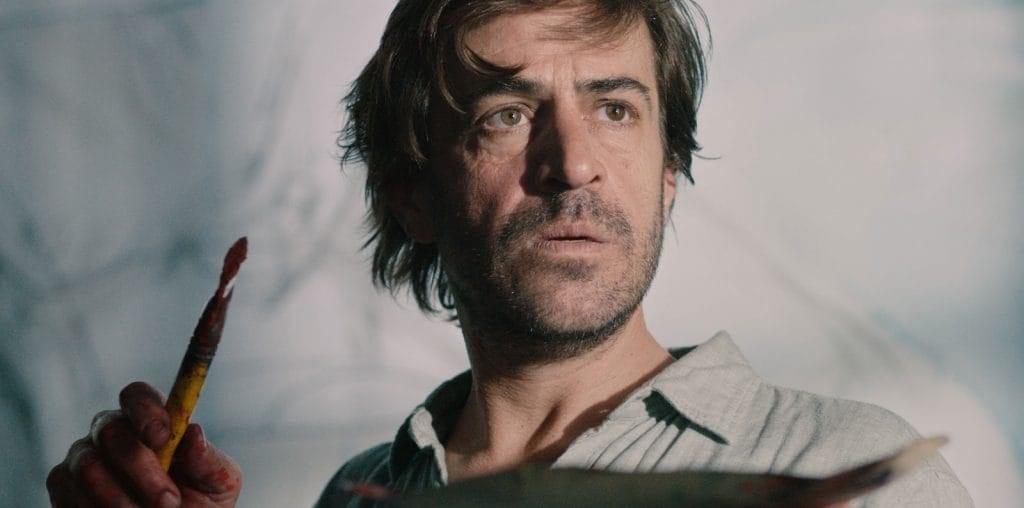
“The Unquiet Death of Julius and Ethel Rosenberg” is a 1974 PBS documentary that is being released for the first time on DVD. Unfortunately, the DVD does not include important information on the Rosenbergs’s case that emerged in the decades after it was first broadcast.
In the course of the film, it is constantly alleged that Julius and Ethel Rosenberg were framed by a judicial system that was in a panicky search for Cold War scapegoats. The film insists that no documents existed to prove that the Rosenbergs were traitors, and that the evidence presented against them was a web of blatant perjury and wildly unsubstantiated charges. The film’s narrator, journalist Alvin Goldstein, repeatedly claims that the federal government refused to provide him with any paperwork that would have supported the accusations that resulted in the couple’s execution – the only time civilians were put to death on charges of conspiracy to commit espionage.
While this may have been provocative for 1974, today we know better. Morton Sobell, who was charged along with the Rosenbergs but was spared death penalty, belatedly admitted in 2008 that he was a Soviet spy and that Julius Rosenberg passed information to the Soviets. Ethel Rosenberg, according to Sobell, was aware of what the men were up to but was not actively involved in their work. Sobell’s late life confession makes a shambles of the frame-up charges in the film (including an interview with Sobell in which he vigorously claims to be innocent).
But even as a product of its day, the film is fairly sloppy at numerous levels. The shoddy performance of the Rosenbergs’ defense team is too obvious to ignore, yet no effort is made to question their numerous errors. Charges of anti-Semitism are only barely touched upon – the prosecution refused to allow Jews to sit on the jury – but the film never mentions that no prominent Jewish group ever spoke up in defense of the couple. The film brings in a number of people who were responsible for the arrest and prosecution of the Rosenbergs, including the notorious Roy Cohn, but they are never asked hardball questions regarding allegedly sloppy or fraudulent evidence.
Ultimately, “The Unquiet Death of Julius and Ethel Rosenberg” offers an interesting curio in the long story to determine the truth about the Rosenberg case. But for anyone seeking the most accurate information on the matter, the film is seriously outdated.
